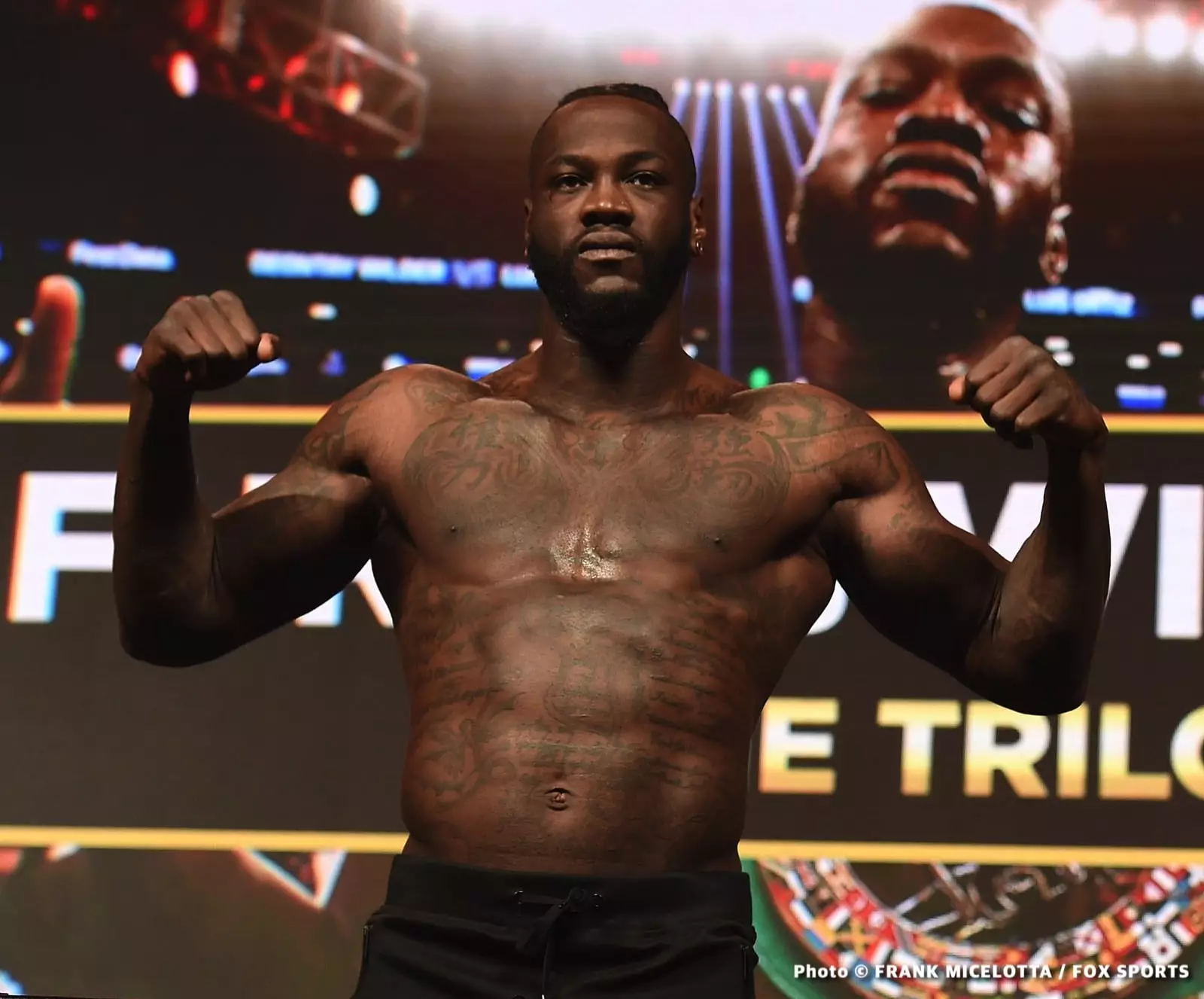As the boxing world eagerly awaits Deontay Wilder’s return, set for June 27 in Wichita, Kansas, the excitement is palpable. Wilder, a former WBC heavyweight champion, steps into the ring against Tyrrell Herndon, who holds a record of 24 wins and 5 losses. Wilder’s confidence shines through as he proclaims he will be “dropping bombs” during the fight. This assertion encapsulates both his formidable reputation and the pressure that comes with such bold claims, given his recent setbacks.
Can “The Bronze Bomber” Reclaim His Thunder?
Wilder, boasting a record of 43 wins, 4 losses, and 1 draw—42 of those victories coming by knockout—has established himself as one of the most feared punchers in boxing history. He radiates enthusiasm, stating, “the party is coming to Wichita,” and expressing his desire to make history in a town that has yet to witness a knockout of his caliber. This mix of bravado and ambition is quintessential Wilder, a fighter who thrives on the thrill of the moment and the allure of personal records.
However, it is essential to acknowledge the shadow of doubt that looms over his resounding declarations. While Wilder enjoyed a reign of dominance from 2015 to 2018, critics question his current ferocity after losses to Joseph Parker and Zhilei Zhang. In those bouts, Wilder’s signature punching power appeared to be absent. Despite his magnetic self-belief, one cannot ignore the possibility that he might not be the same puncher he once was.
Herndon’s Determined Challenge
In response to Wilder’s exuberance, Herndon enters the ring with his own aspirations, equipped with a record that shouldn’t be underestimated. While Wilder aims for an explosive finish to silence skeptics, Herndon intends to disrupt the narrative and assert his own presence in the ring. Matching Wilder’s intensity, Herndon will undoubtedly be a fierce competitor, motivated not only by the opportunity of a lifetime but also by the desire to stake his claim in a sport where reputations can be shattered in mere seconds.
The anticipation of their showdown isn’t merely about Wilder’s return but also the dynamic interplay of two fighters with divergent motivations. Wilder may have something to prove: a dominant performance may rekindle his status among the elite heavyweights. Conversely, a victory for Herndon could signal a shift in the heavyweight division, turning the spotlight to a previously underappreciated contender.
Legacy on the Line
Wilder’s legacy rests precariously on this bout. Although he contemplates the historic implications of his fight in Wichita, the core question remains: will he effectively silence doubts regarding his power and competitiveness? Challenges, not only from his opponent but also from the critical voices questioning his recent performances, could define this comeback. Can Wilder rediscover the resilience and ruthlessness that made him a remarkable knockout artist? As the fight approaches, one thing is certain: it’s not only about Wilder’s bombs; it’s about the explosion of potential transformation in the heavyweight landscape itself.

